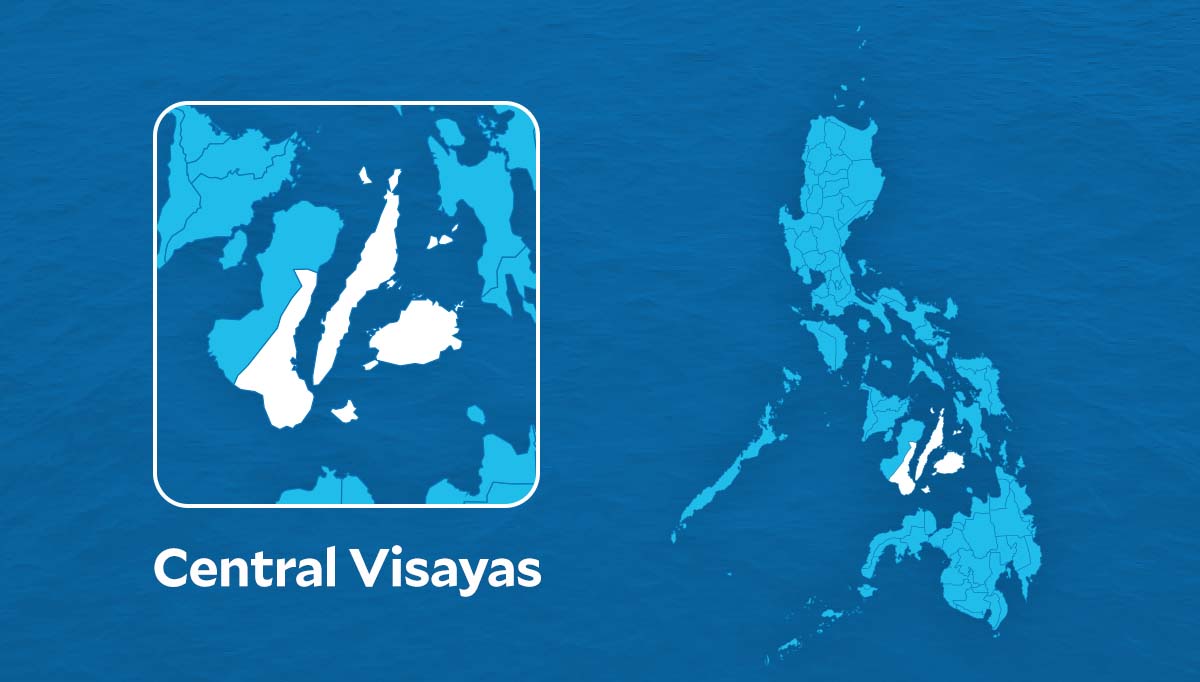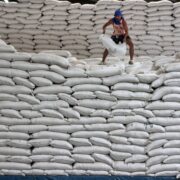Central Visayas remains fastest-growing regional economy

TAGBILARAN CITY—For the second consecutive year, Central Visayas has earned the distinction of being the fastest-growing economy in the Philippines.
Bohol Gov. Erico Aristotle Aumentado, chair of the Regional Development Council in Central Visayas, said the Gross Regional Domestic Product (GRDP) in the region surged to P1.276 trillion in 2024—posting a 7.3 percent growth rate than 2023.
“This reinforces our position as the fourth largest regional economy and the biggest in the Visayas and Mindanao,” said Aumentado during his 2025 State of the Region Address on Wednesday.
Aumentado said that even if Negros Oriental and Siquijor were no longer part of Central Visayas after joining Negros Island Region (NIR), the region remains strong as “SugBohol” —Cebu and Bohol.
Following the NIR’s creation, Aumentado said the two provinces are now planning to seal a sisterhood agreement to strengthen friendship and institutionalize cooperation and cocreation of solutions.
“Let me say this: SugBohol will be our national showcase —a platform to demonstrate how two provinces, united in purpose, can become a powerhouse of innovation, economic dynamism and inclusive development,” he said.
Shared purpose
Aumentado said 2024 was not just a productive year but was a defining year for Central Visayas.
“With a shared purpose, we pursued strategic policies and transformative projects that laid the foundation for a more resilient, inclusive and future-ready region. We began with unwavering resolve—to deliver the priority policies and strategies we committed to as a council, with one clear goal in mind: to drive inclusive growth that elevates the lives of every Central Visayan, “ he said.
Aumentado reported that the services sector continued to be the driving force in the regional economy, still accounting for the largest share of the region’s GRDP in 2024 at 70 percent, followed by industry and agriculture, forestry and fisheries sectors.
Aumentado said the region’s employment rate improved to 97.1 percent while poverty incidence dropped from 22 percent in 2021 to 12.3 percent in 2023—the second biggest reduction nationwide.

















